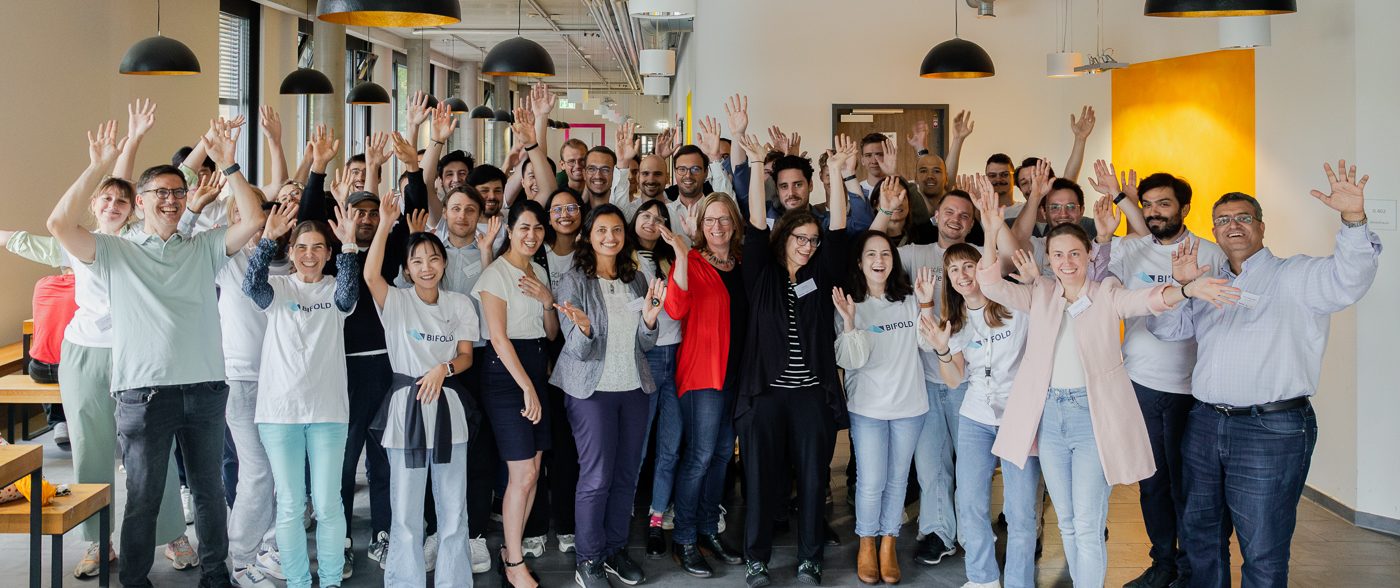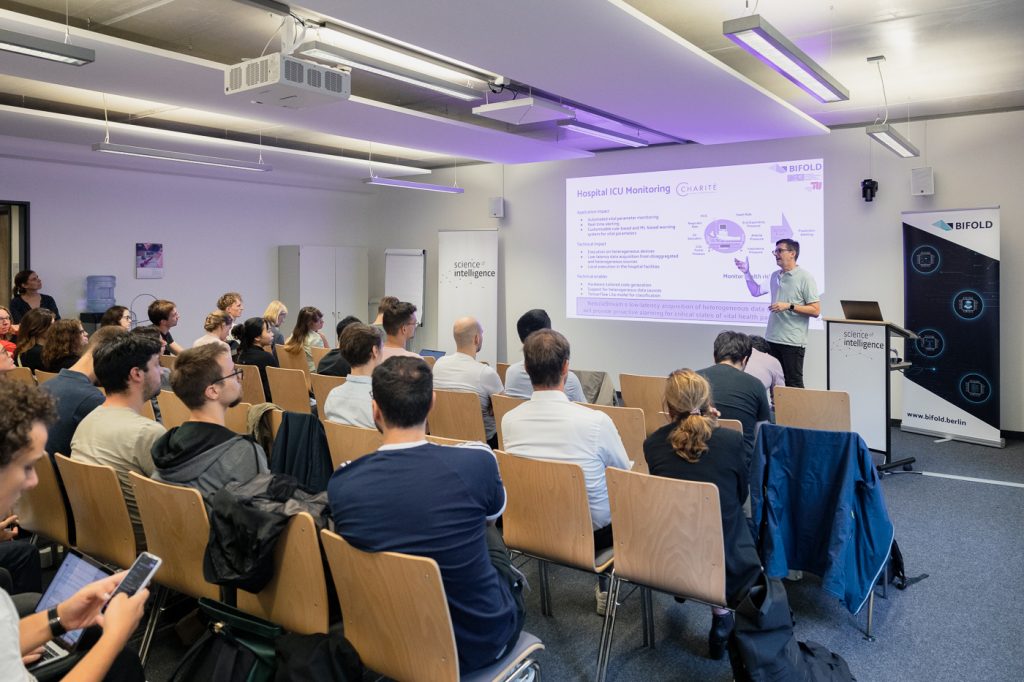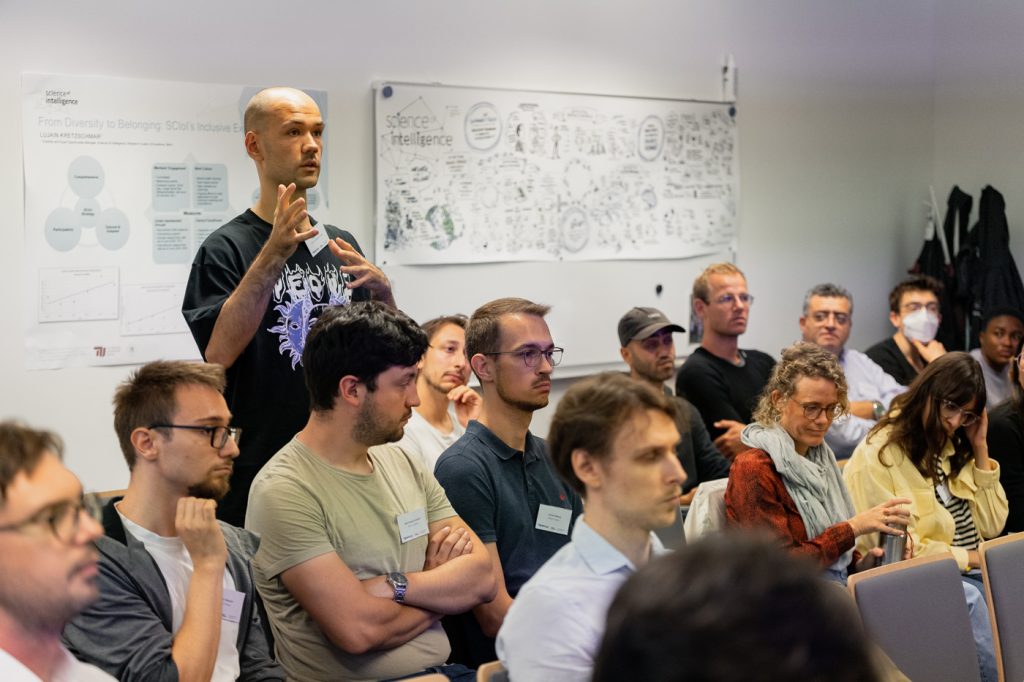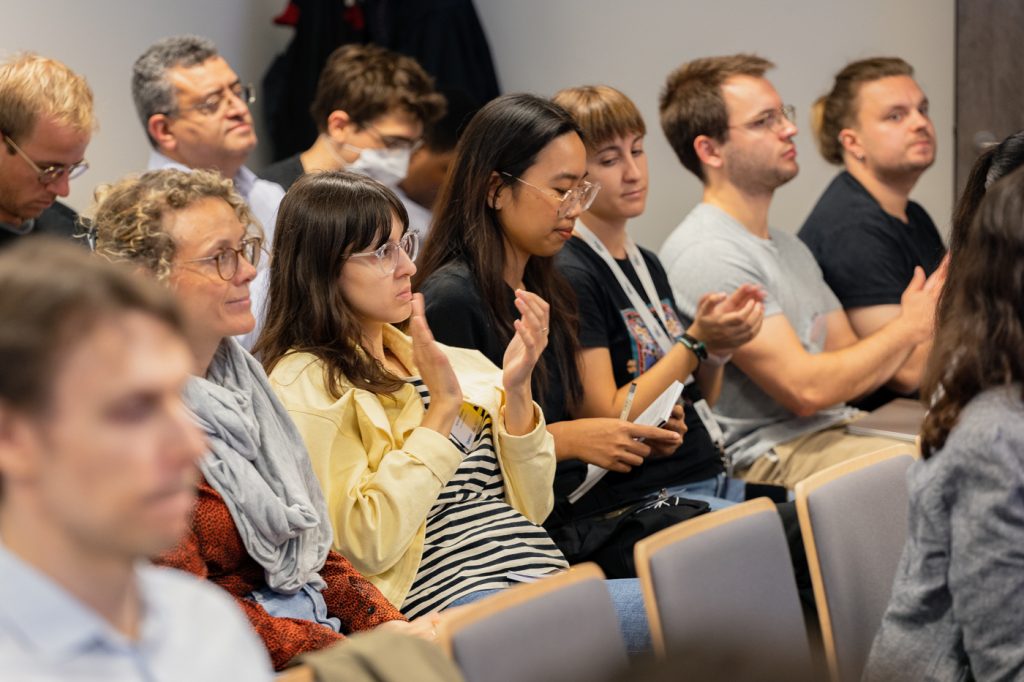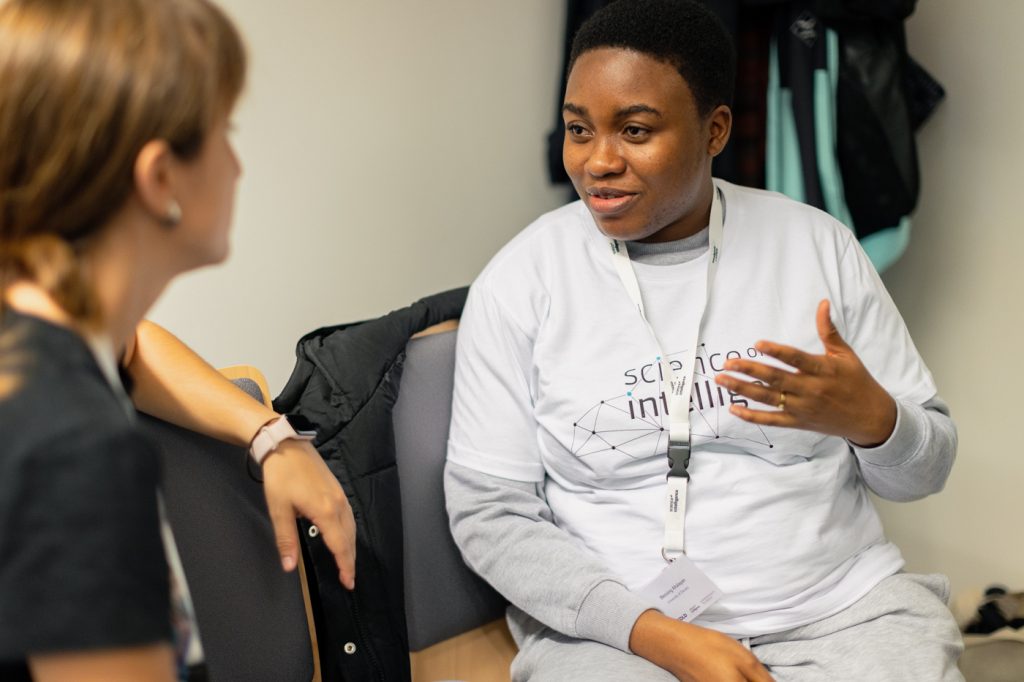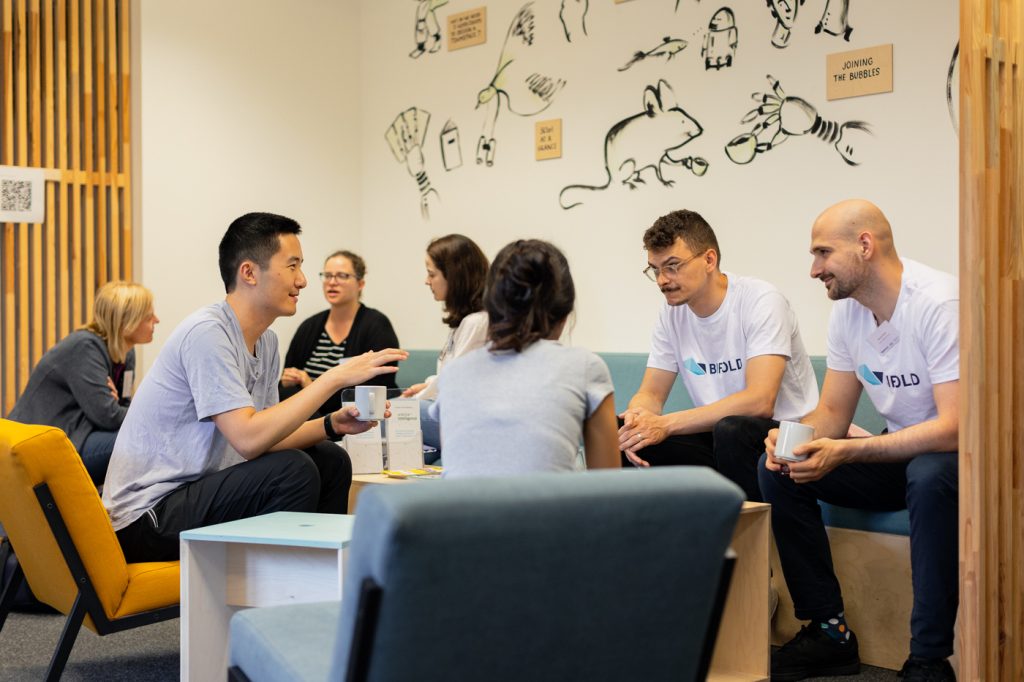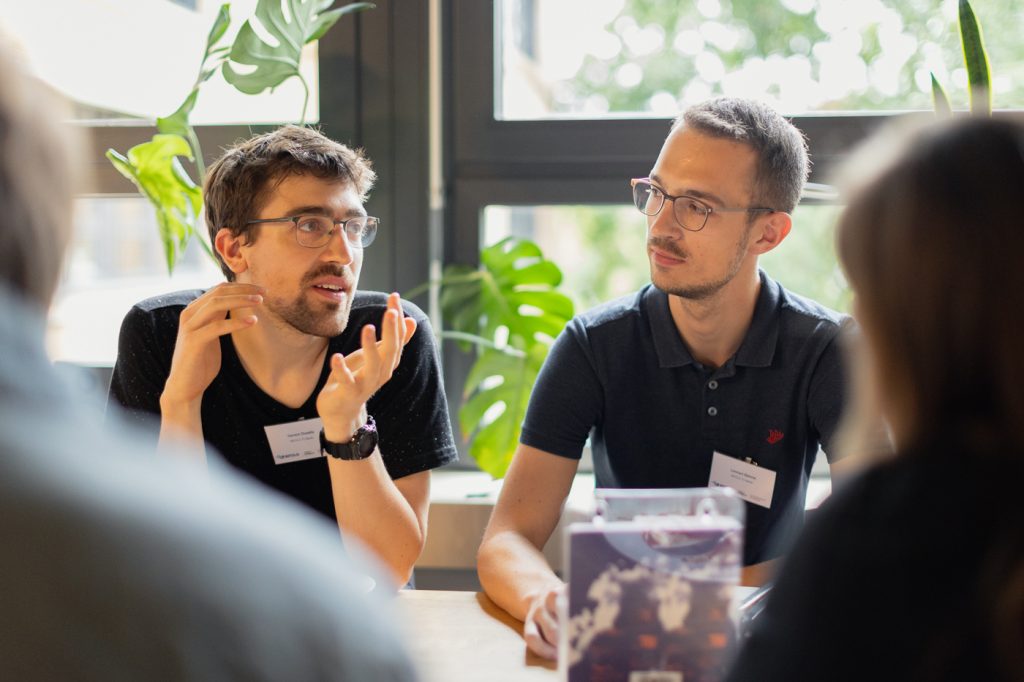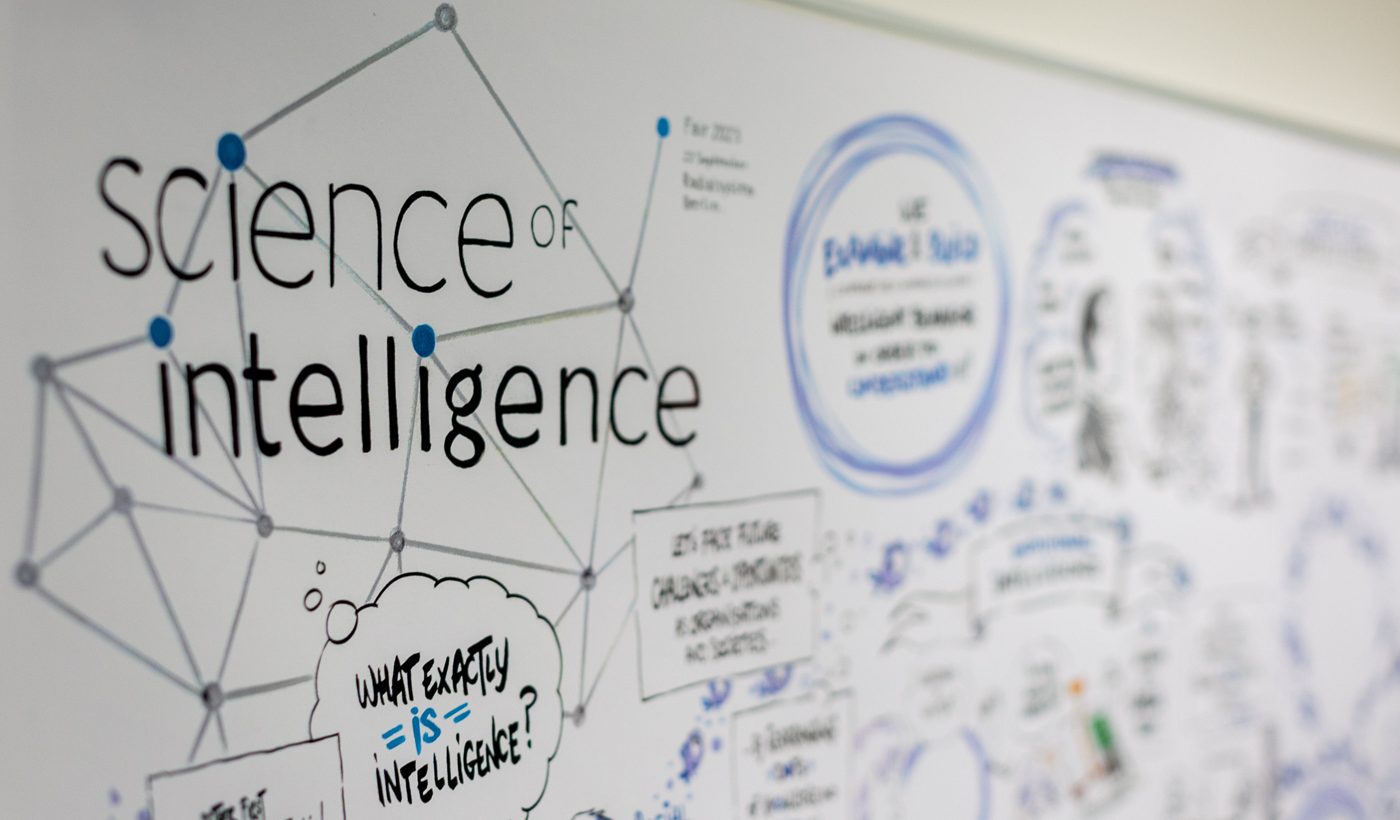Smart Cities, Human Questions: Recap of the 2024 Berlin Summer School on AI and Society
From 9 to 13 September 2024, the Collaborative Summer School of Artificial Intelligence and Society brought together early-career researchers from across Europe to tackle a big question: How can AI make cities smarter—and fairer? Jointly organized by the Cluster of Excellence Science of Intelligence (SCIoI), the Berlin Institute for the Foundations of Learning and Data (BIFOLD), and the Weizenbaum Institute, and hosted at SCIoI the week explored the intersection of technology, sustainability, and urban life.
For SCIoI, which studies the principles of intelligence in both natural and artificial systems, the topic of cities was a natural fit. “Cities are complex, adaptive systems with human behaviour at their core,” says SCIoI Executive Board member Jörg Raisch, who opened the event alongside BIFOLD Director Volker Markl. “Understanding how intelligence works, whether in people, machines, or collectives, helps us design solutions that actually work in the real world.”
